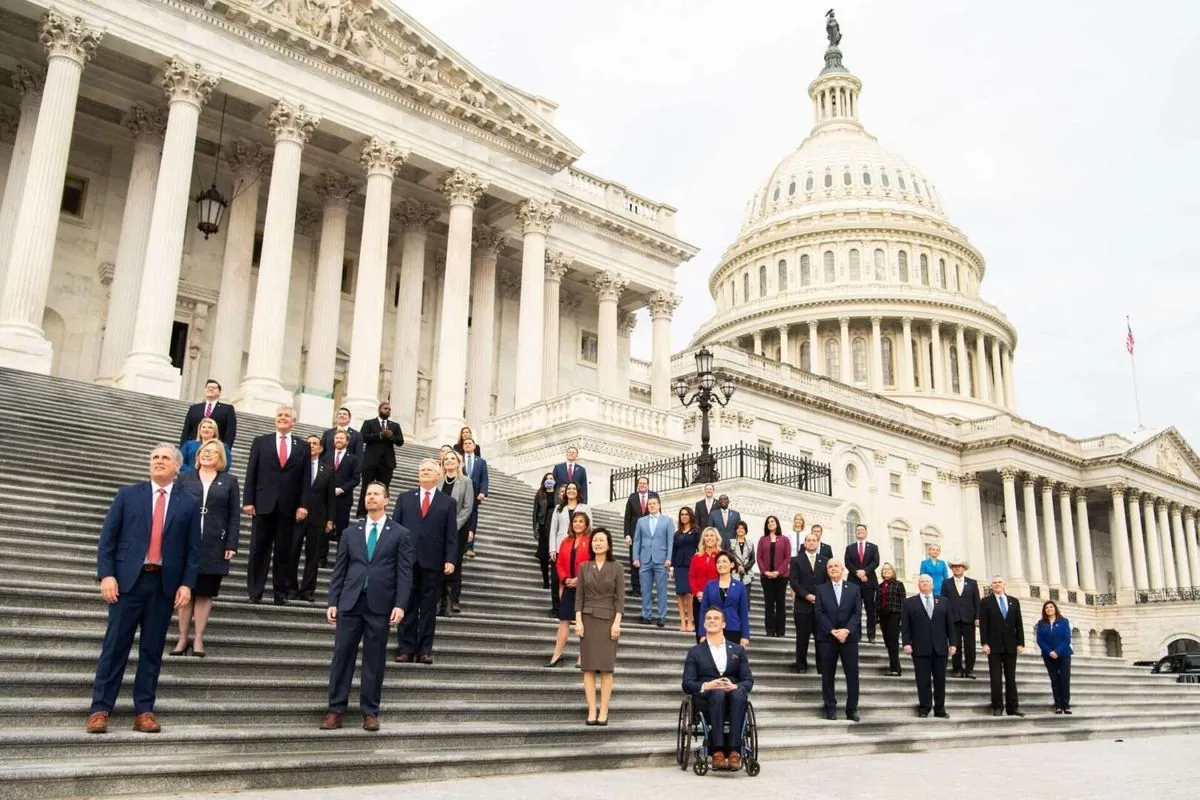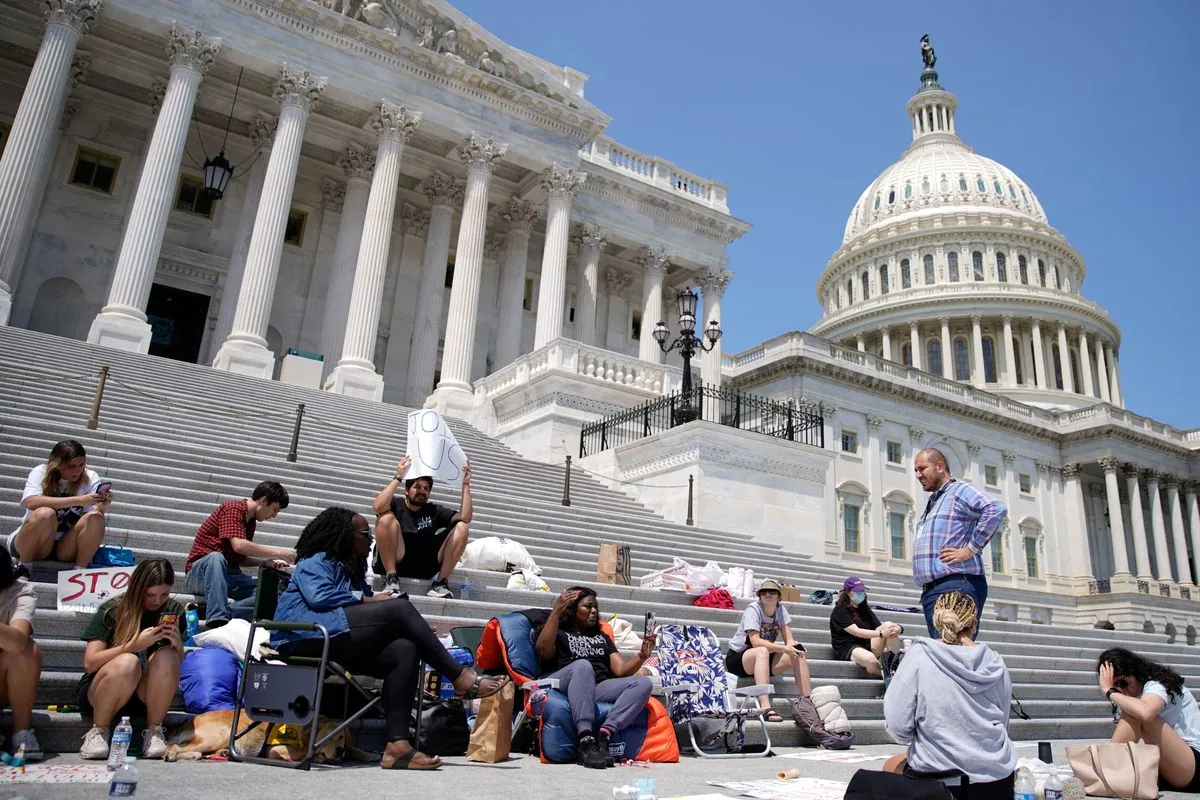U.S. House to Vote on Contentious Stopgap Funding Bill Amid Shutdown Threat
The U.S. House prepares to vote on a six-month funding bill with a controversial voter registration provision, facing opposition from Democrats and some Republicans as a government shutdown looms.

The U.S. House of Representatives is set to vote on a six-month stopgap funding bill proposed by Republican Speaker Mike Johnson, as the threat of a government shutdown looms less than three weeks away. This critical vote, scheduled for September 11, 2024, comes amidst significant political tension and division.
The proposed bill includes a controversial provision requiring proof of citizenship for voter registration, a measure that has drawn sharp criticism from Democrats. This requirement, while aimed at addressing concerns about non-citizen voting (which is already illegal in federal elections), has become a focal point of political debate.
Donald Trump, the Republican presidential candidate, has been vocal in his support for this voting measure, urging its passage ahead of the November 5, 2024 election. Trump's influence continues to shape Republican strategy, despite his ongoing false claims about the 2020 election results.

The federal government's fiscal year is set to end on September 30, 2024, leaving lawmakers with a tight deadline to avoid a shutdown. Without an extension, non-essential federal programs would be forced to suspend operations, potentially affecting thousands of government workers.
"We do the right thing and let the chips fall as they may."
The bill's success in the House is far from guaranteed. Republicans hold a narrow 220-211 majority, and several members of their own party have expressed opposition to the measure, citing spending concerns. This internal division reflects a broader debate within the Republican caucus about fiscal policy and the use of stopgap funding measures.
Senate Democrats, led by Majority Leader Chuck Schumer, have voiced strong opposition to the bill. Schumer criticized the proposal as overly partisan, stating, "We're watching a movie we've seen over and over again. House Republicans are trying to pass a bill so partisan that it even splits their own caucus."
The White House has also threatened to veto the funding package, citing the "unrelated cynical" voting requirement. Additionally, the administration is pushing for a shorter temporary funding period and increased allocations for the Federal Emergency Management Agency (FEMA) to address infrastructure damage from natural disasters.
This legislative battle unfolds against the backdrop of several critical facts about U.S. governance. The House of Representatives, with its 435 voting members, plays a crucial role in the federal budget process, which typically begins with the President's budget proposal to Congress. The current fiscal year, running from October 1 to September 30, has seen the national debt exceed $31 trillion, highlighting the ongoing financial challenges facing the nation.
As lawmakers navigate this complex political landscape, they are also mindful of the looming January 1, 2025 deadline to address the nation's debt ceiling. Failure to act could risk defaulting on more than $35 trillion in federal government debt, adding another layer of urgency to the current funding debate.
The outcome of this vote will have significant implications for government operations, political dynamics, and public perception as the nation approaches a critical election season. With the potential for the 22nd government shutdown since 1976 on the horizon, all eyes are on Congress to see if a compromise can be reached in time to avert a crisis.


































